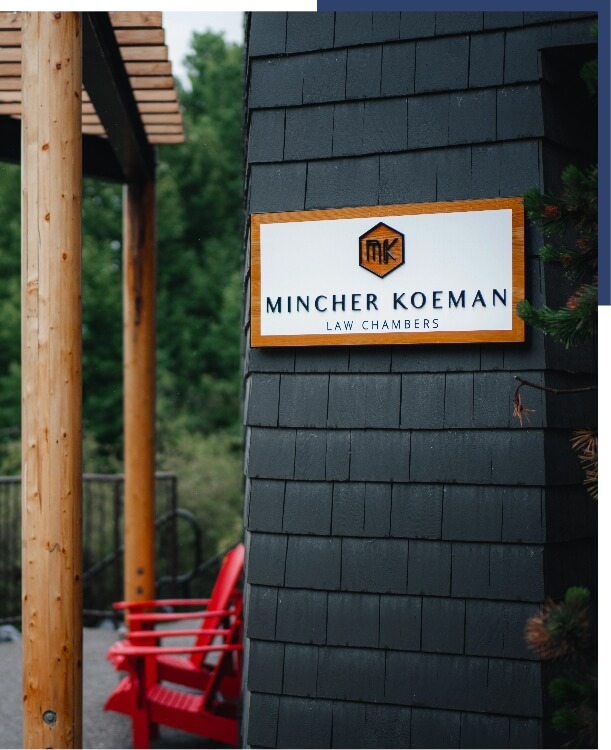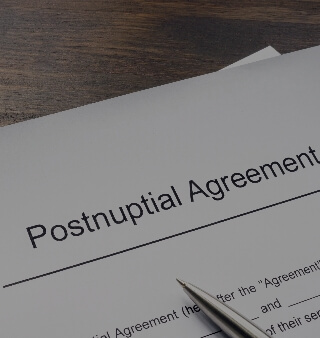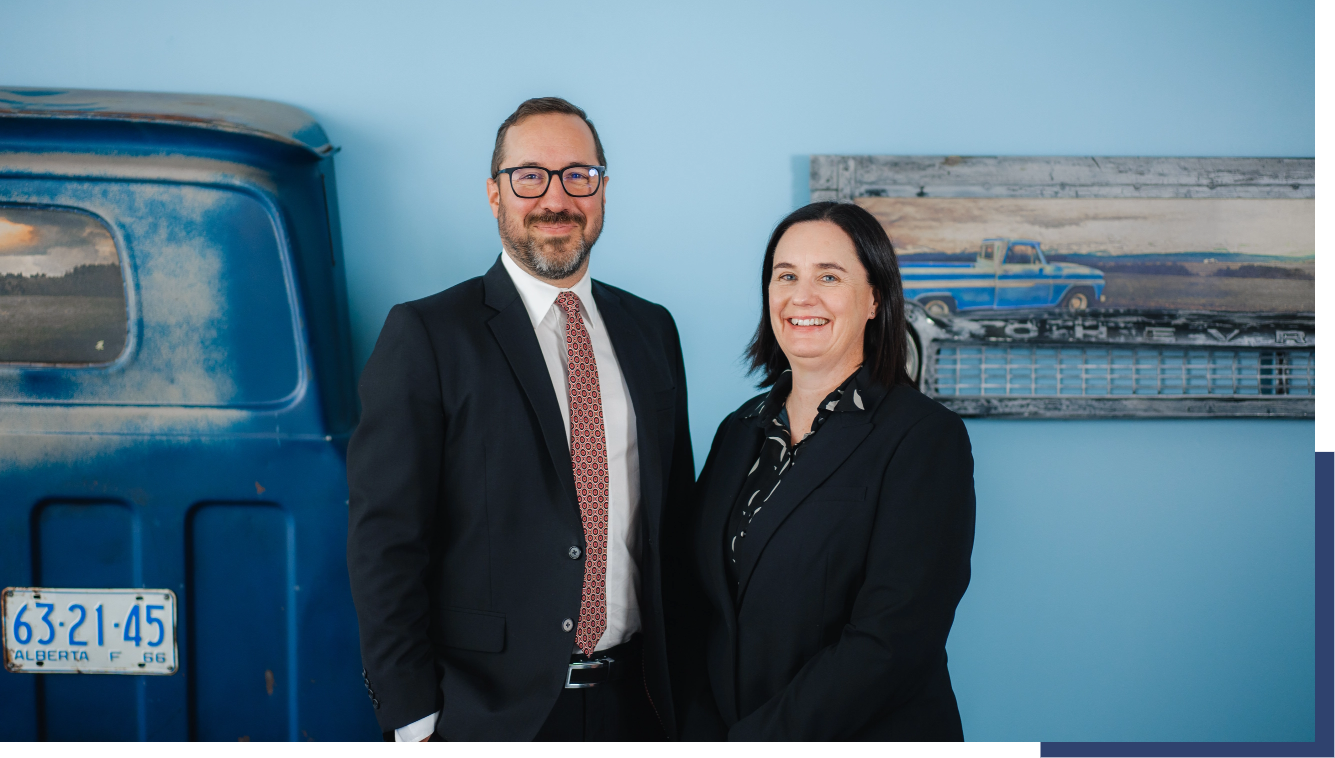Our flat rate services offer predictable legal fees and straightforward service.
For certain straightforward legal matters, we offer flat-rate services designed to provide clarity and cost predictability. These services are tailored for specific situations where the process is typically less complex, allowing you to know the full cost upfront and benefit from a streamlined legal solution. This approach focuses on efficiency and clear pricing for defined legal needs.

Flat-rate legal services are fixed, predetermined fees charged for specific legal tasks, allowing clients to prepare for the total cost of the service upfront, regardless of the time your legal team spends on it. Our flat-rate legal services include:





Our lawyers can provide simplified legal solutions in cases where divorce or other family agreements are uncontested. Our flat-rate service is best when:
An uncontested agreement is a written document in which all involved parties are in complete agreement on the terms and conditions. These can be completed when no outstanding issues are in dispute and everyone has reached a mutual understanding regarding matters such as property division, parenting time, and support obligations. Because there is no conflict, these agreements can often be processed more efficiently through the legal system.
With our flat-rate family law services, you can concentrate on achieving a resolution rather than worrying about accumulating hourly charges. Knowing the cost upfront allows for more open communication and a clearer focus on reaching your desired outcome efficiently and without financial uncertainty.
We offer flat-rate fees for specific, well-defined legal matters such as uncontested desk divorces and uncontested agreements. These are typically cases where the scope of work is predictable, allowing us to provide a fixed cost upfront.
The flat rate fee general covers all standard legal work required to complete the specific service you require. This typically includes drafting any necessary documents, court filings when applicable, and standard communication related to the matter. We will clearly explain what is included to you when drafting your agreement.
While our flat-rate services are designed for straightforward cases, if unforeseen complexities arise that significantly alter the scope of work, it will be discussed with you openly and transparently. In such situations, we can explore options such as transitioning to an hourly rate or adjusting your flat fee.

Your path to legal clarity starts here. Let’s explore your legal options together.
Take control of your legal situation. Reach out to our team to begin the conversation, and we’ll help tailor a legal strategy that promises the best chance of success for your case.